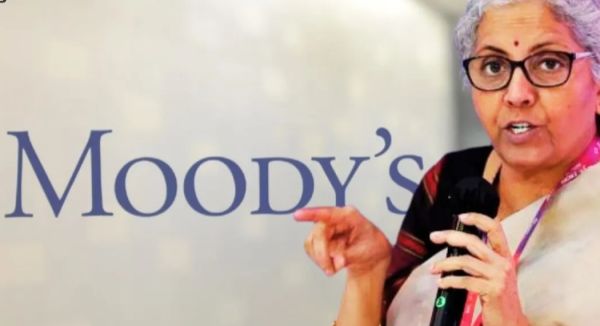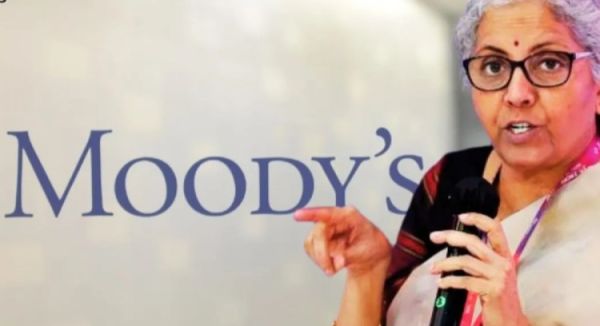
Union Budget 2025: Moody’s Ratings responded to the federal budget by stating that the government’s move to reduce the tax burden for middle-class consumers would not have a significant effect on growth.

Christian de Guzman, senior vice president and lead sovereign analyst for India at Moody’s Ratings, said in an interview on Saturday that it is still uncertain whether the nation has taken sufficient steps to increase economic growth via tax policies. “I believe it really relies on whether or not customers spend the money that these tax reforms have freed up. There is some room for doubt, in my opinion.
On Saturday, the government announced that the tax exemption level will be raised from 700,000 rupees to 1.28 million rupees annually. Additionally, it lowered tax rates for those making more than the new level.
In order to accelerate employment-led inclusive development, which is driven by investments in the agricultural and rural sectors, MSMEs, and exports, while adhering to the fiscal consolidation path, Finance Minister Nirmala Sitharaman presented the Budget 2025–26 to the Parliament on Saturday.On the floor of the Lok Sabha, the finance minister said, “This budget is dedicated to accelerating growth, driven by our aspirations for a ‘Viksit Bharat.’ Our economy remains the fastest growing among all major economies.”
Taxation, electricity, urban development, mining, the financial sector, and regulatory changes are among the principal topics addressed in the Union Budget. The government’s emphasis on promoting growth, strengthening governance, developing infrastructure, and guaranteeing sustainable development in a number of sectors is centered on these topics.
She has maintained a downward trajectory for the budget deficit objective, which will drop from 4.8% of GDP in 2024–2025 to 4.4% in 2025–2026. According to the Finance Minister, net market borrowing for the budget has been set at Rs 11.54 crore, with tiny savings and other sources providing the remaining cash.
From Rs 14.01 lakh crore in FY25 to Rs 14.82 lakh crore in FY26, the government’s gross borrowing plan was increased by 5.7%.Sitharaman said that an annual income of up to Rs 12 lakh would not be subject to income tax, which would be a significant boon for the middle class. There will be no tax on income up to Rs 12,75,000 for salaried individuals who get the basic deduction of Rs 75,000.
People will have more money to spend on products and services as a result of the shift, which will boost economic development. She has also rationalized customs taxes to lower the cost on components used as inputs by local manufacturers and raise the duty on completed items, including electronic gadgets, in an effort to promote domestic production.